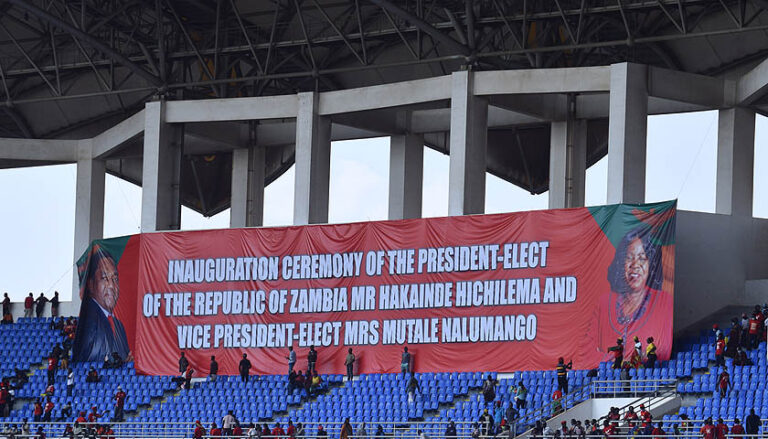Webinar on TICAD 8



On Friday 26 August 2022, the Centre for Africa-China studies (CACS), in partnership with the UJ Library, hosted a webinar titled ‘The Eighth Tokyo International Conference on African Development (TICAD 8)‘.
- The keynote speaker was Prof Kweku Ampiah, Professor of Asia and Africa studies in the East Asian Studies Department, University of Leeds, UK.
- The respondent was Prof David Monyae, Associate Professor of Political Science and International Relations at UJ and Director of the CACS.
- Die webinar was moderated by Ms Mmabatho Mongae, a Research Fellow at the CACS.
- Dr Emmanuel Matambo, Research Director at the CACS, will deliver a vote of thanks.
BACKGROUND
The eighth Tokyo International Conference on African Development (TICAD 8) is set to take place in Tunisia from 27 to 28 of August 2022. Since its inception in 1993, TICAD has served as a multilateral platform or consultative mechanism for Japan and Africa to discuss mutual interests, and explore ways of developing their cooperation and forging an even closer relationship.
This has yielded tangible outcomes, including the US$47 billion in Official Development Assistance (ODA) Japan has channelled to Africa over the years, covering health care, water supply, human capital, and education, among other things. Between 2000 and 2014, Japan‘s FDI stock in Africa increased from US$758 million to US$10.5 billion, and Japan‘s trade with Africa has reached US$17 billion, making it one of the continent’s biggest trading partners.
Japan has also been active in Africa’s peace and security landscape through engaging in military cooperation with countries such as Kenya and Djibouti. Through its Connectivity Initiative, Japan has helped to renovate and expand ports in several countries, including Madagascar, Kenya, and Mozambique. Japan has also worked with India on the Asia-Africa Growth Corridor (AAGC) strategy, focused on the four pillars of development projects, quality infrastructure, capacity enhancement, and people-to-people activity.
Perhaps most importantly, Africa and Japan are connected geographically by the Indo-Pacific, and need to forge a strategic partnership to secure and stabilise this vast maritime space that is vital for their economies and security. That said, the speakers will discuss how the upcoming TICAD will shape Africa-Japan relations going forward in the context of current geopolitical shifts such as the Russia-Ukraine War, the volatile situation in the Indo-Pacific, the global food crisis, and the Covid-19 pandemic.


